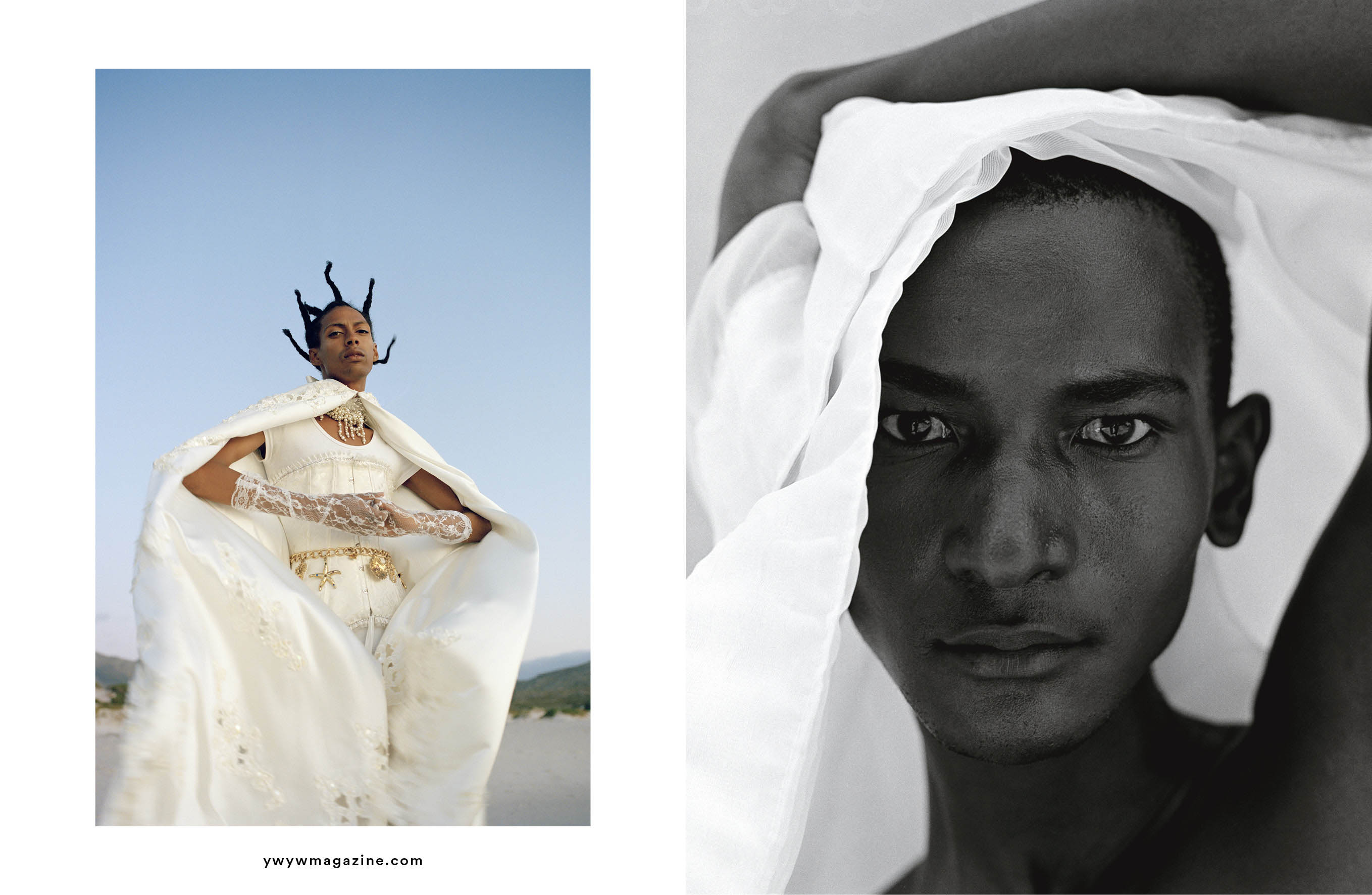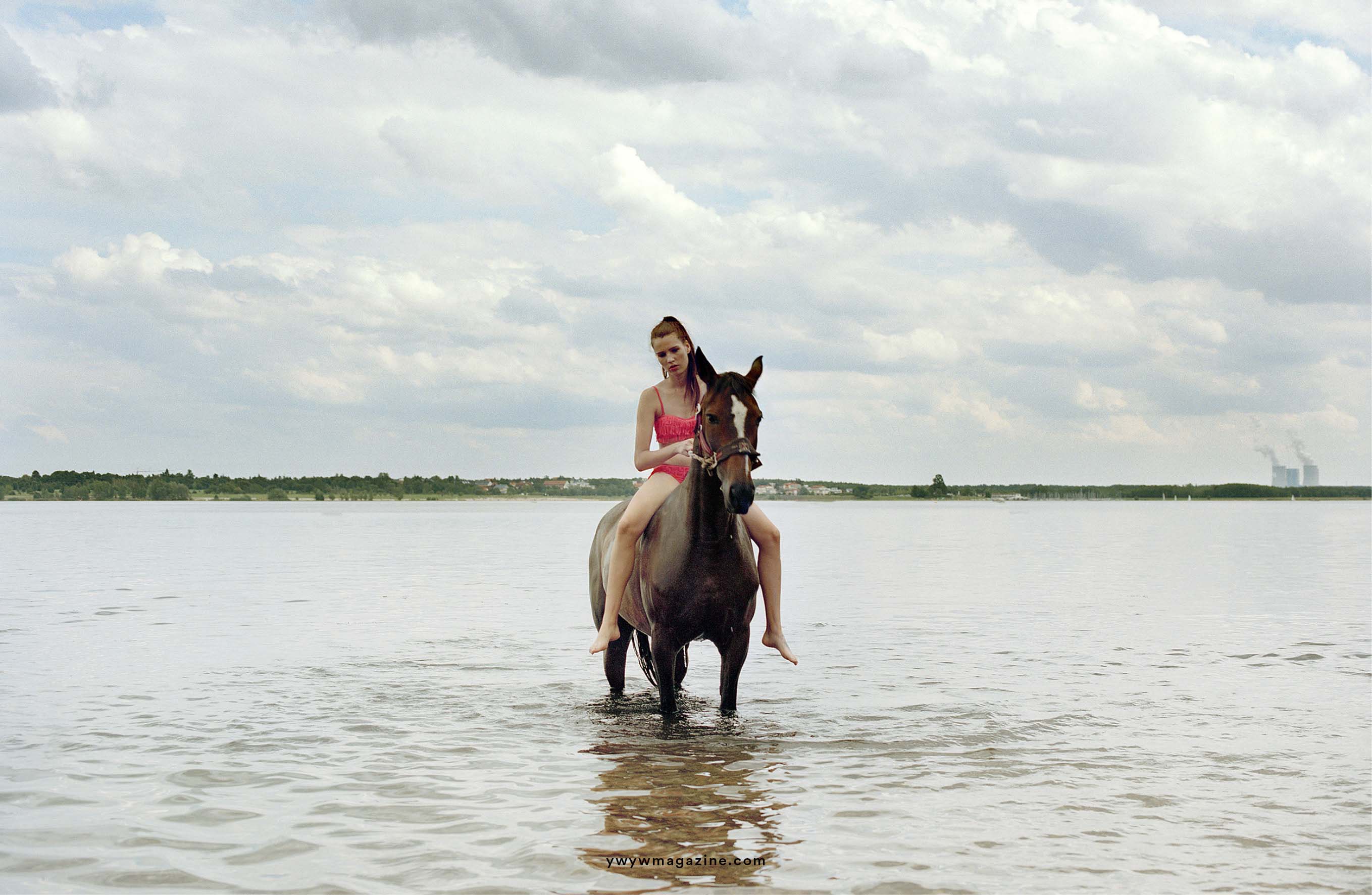
Cape Town-based photographer Jesse Navarre Vos has a special interest in portraiture and the relationship between people and their surroundings. To him, photography is medium which should be approached slowly, and deliberately. Having grown up in the city he still calls home, Jesse first fell in love with the creative process at school where he spent hours in the darkroom, entranced by the watching images coming to life through the chemical development – and it’s a means of production he can’t quite let go of.
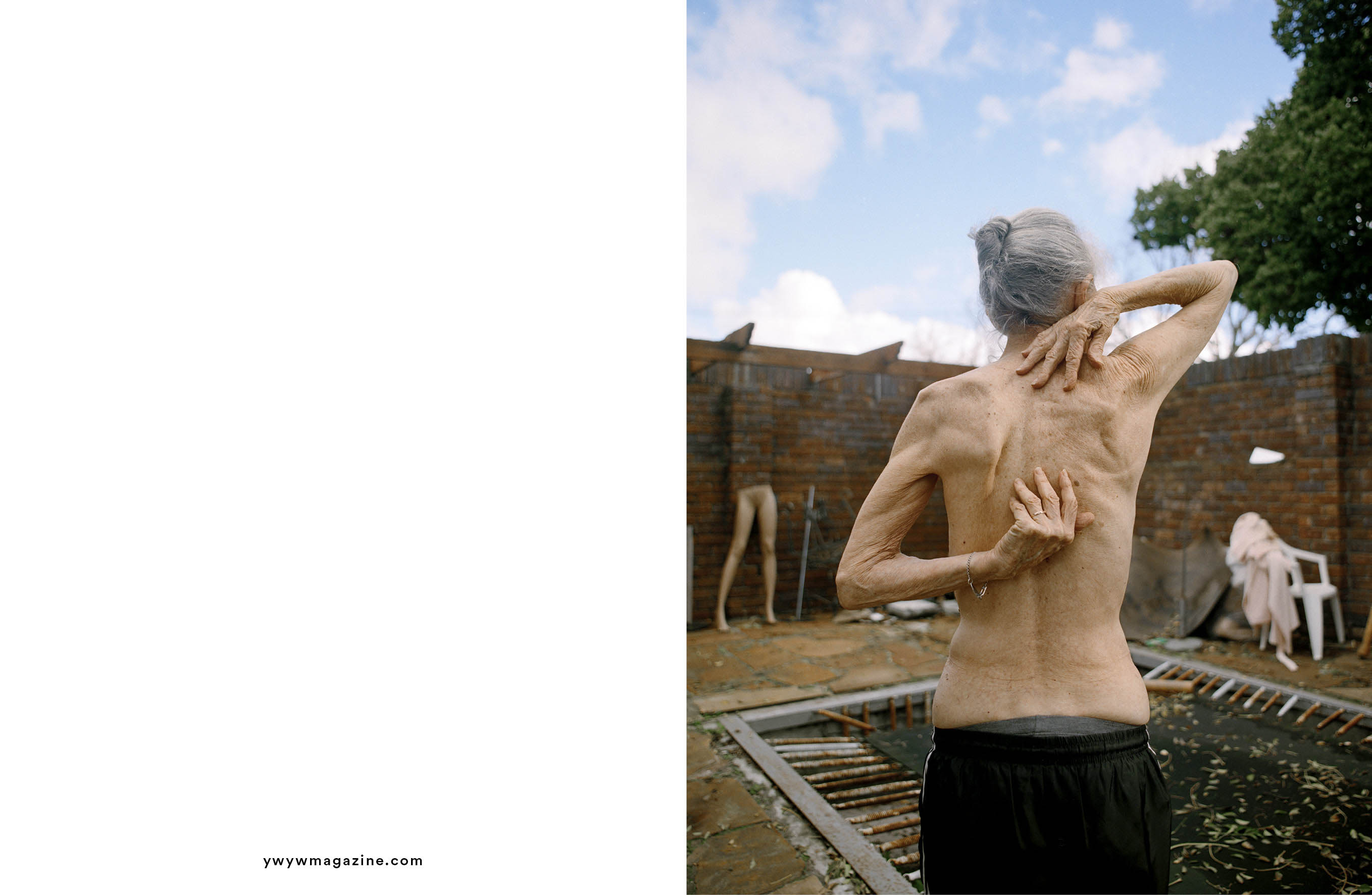
Favorite movie and why?
For purely sentimental reasons it is ‘Pan’s Labyrinth’ as it served as a gateway to my deep love and appreciation for film.
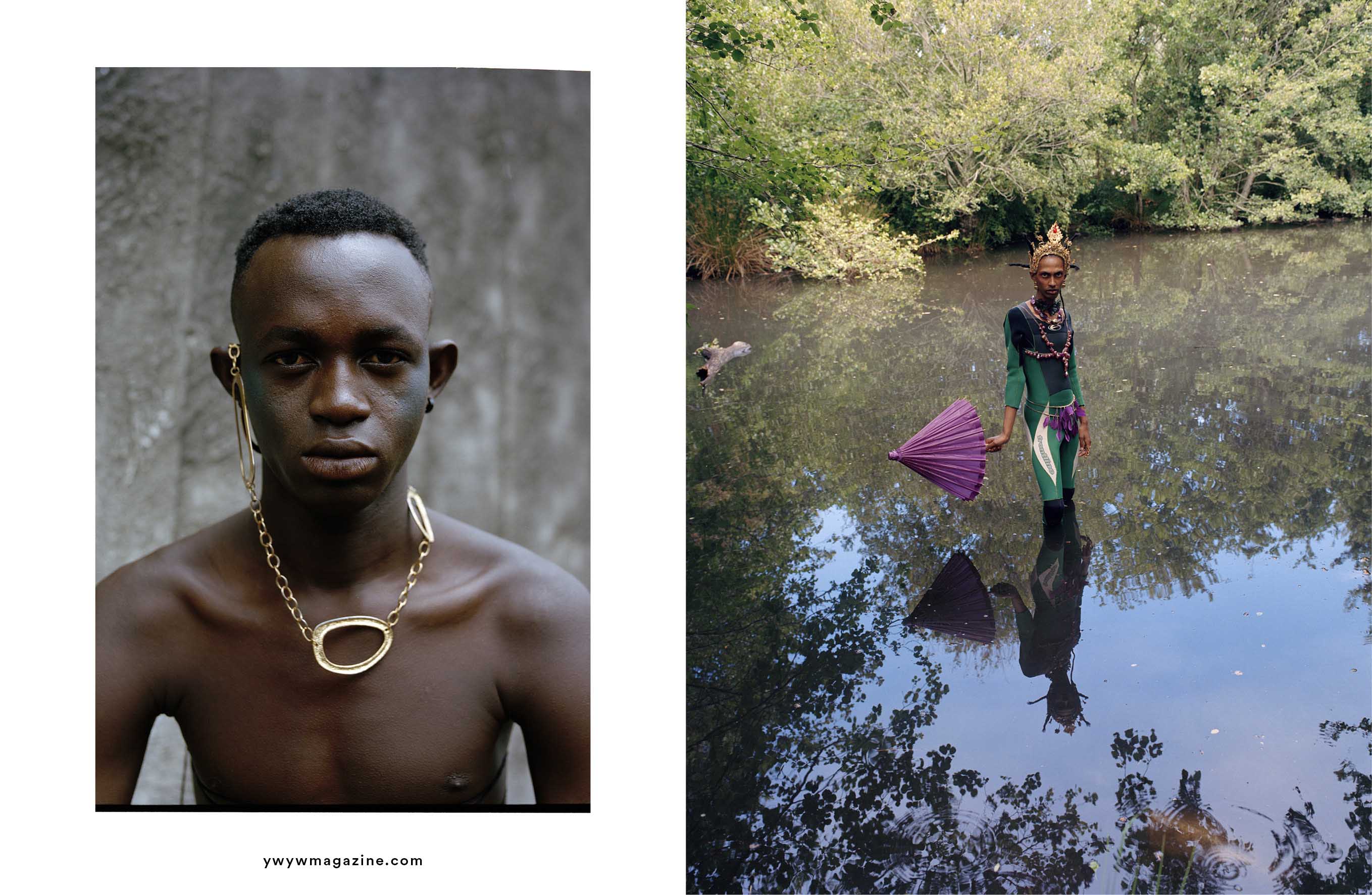
What was your dream job in childhood?
To be an artist.
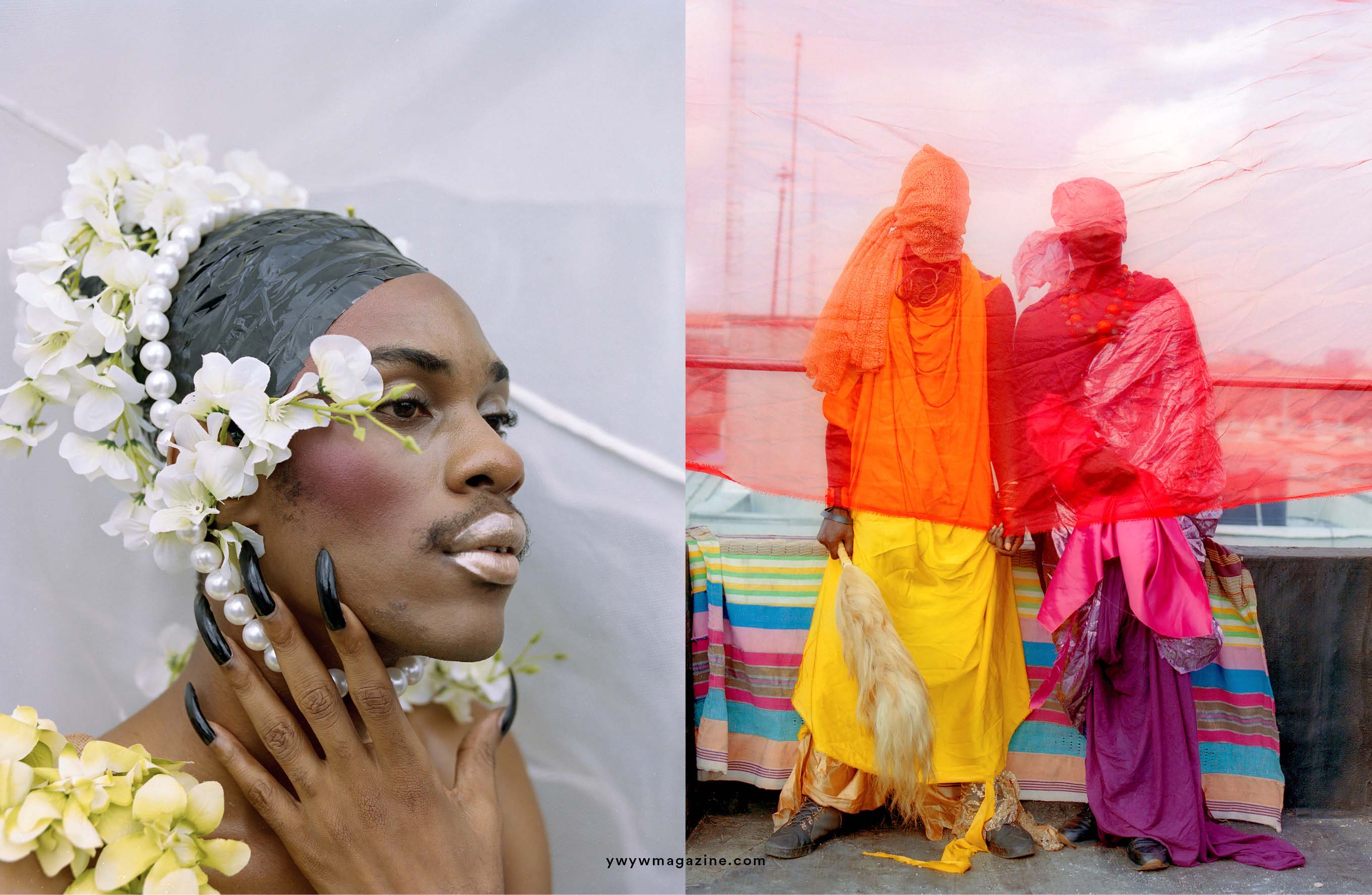
Your advice to someone who is reading this and wants to be a photographer?
Be patient. Be curious. Be kind. Listen. Ask questions. Know your intentions. Read, always read. Be prepared.
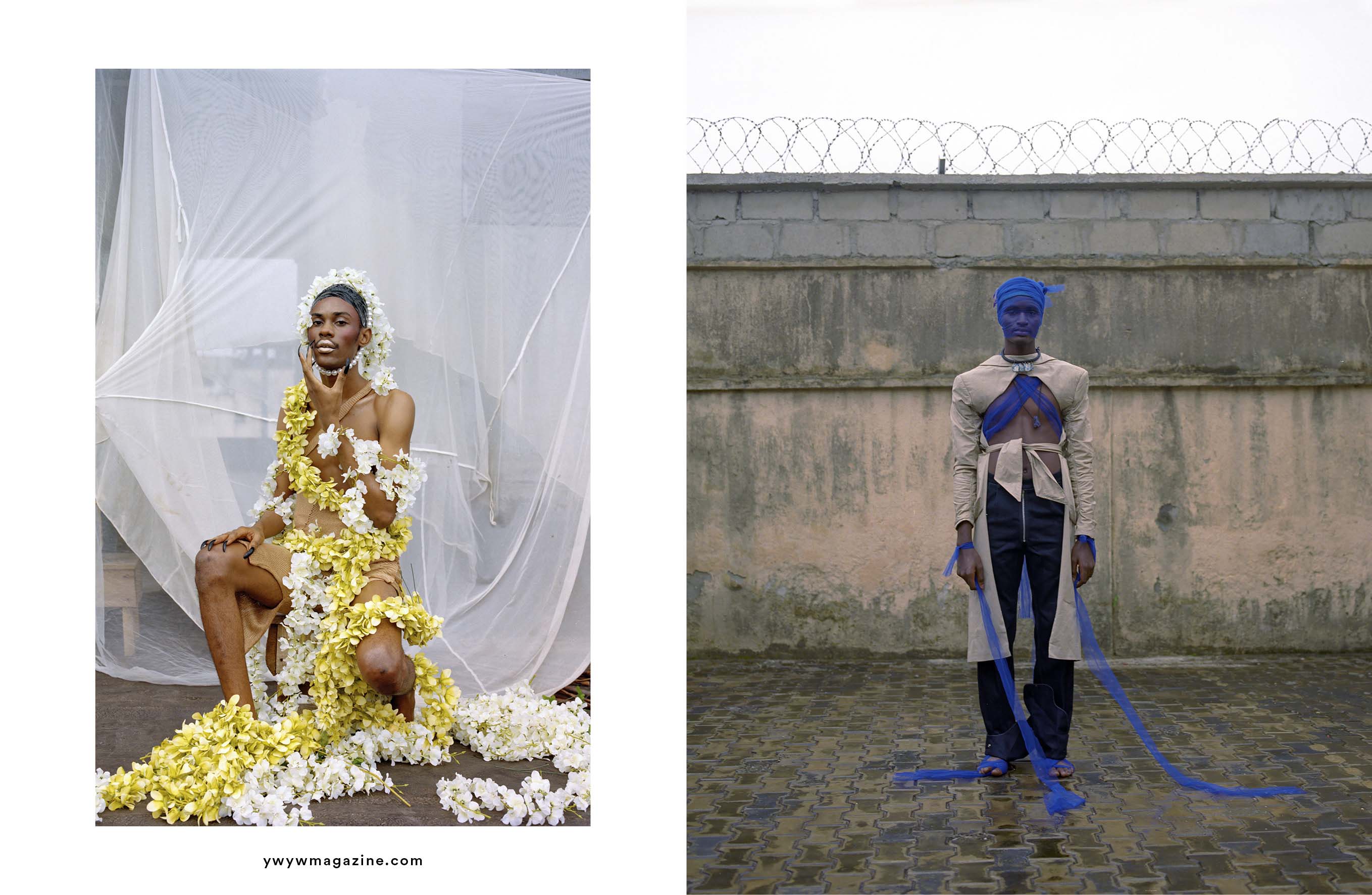
Do you enjoy exploring social media?
I have a complicated relationship with it. I’m grateful for the platform it has given to me to connect with people and for making my work visible, but I do struggle with the relentless pace of it and this overwhelming sense that one needs to engage with it in order to be relevant. I also don’t want my work and what I’m trying to say to be influenced by what others are doing, and sometimes I feel that it is important to distance myself from social media in order to reflect on my intentions and what I’m engaging with.
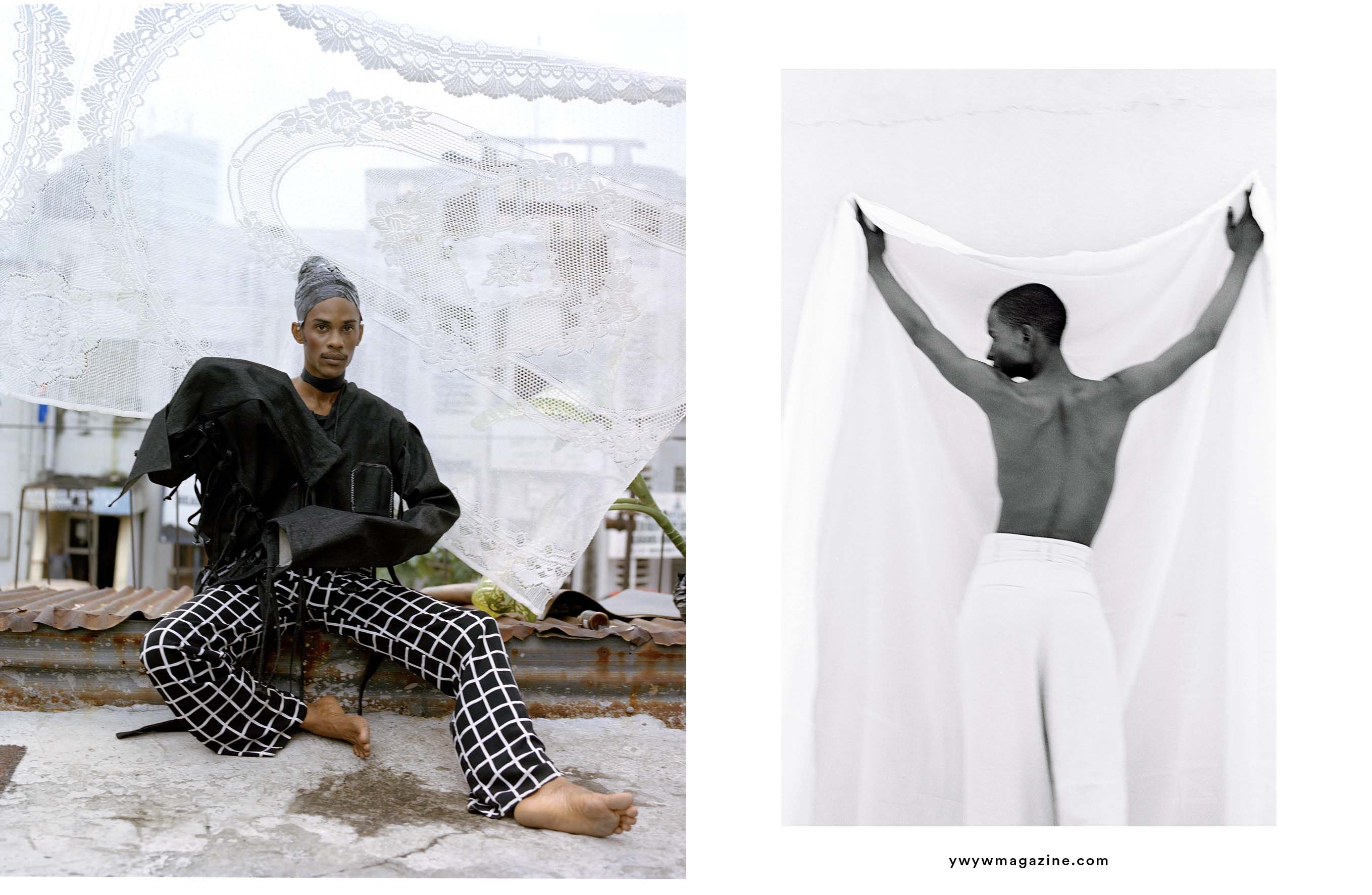
What is the process behind your shot?
A sense of vulnerability. Intimacy. Establishing a connection and an understanding. Actively listening. Respecting the persons and the space. Curiosity. Then I guess taking the photograph and navigating the space.
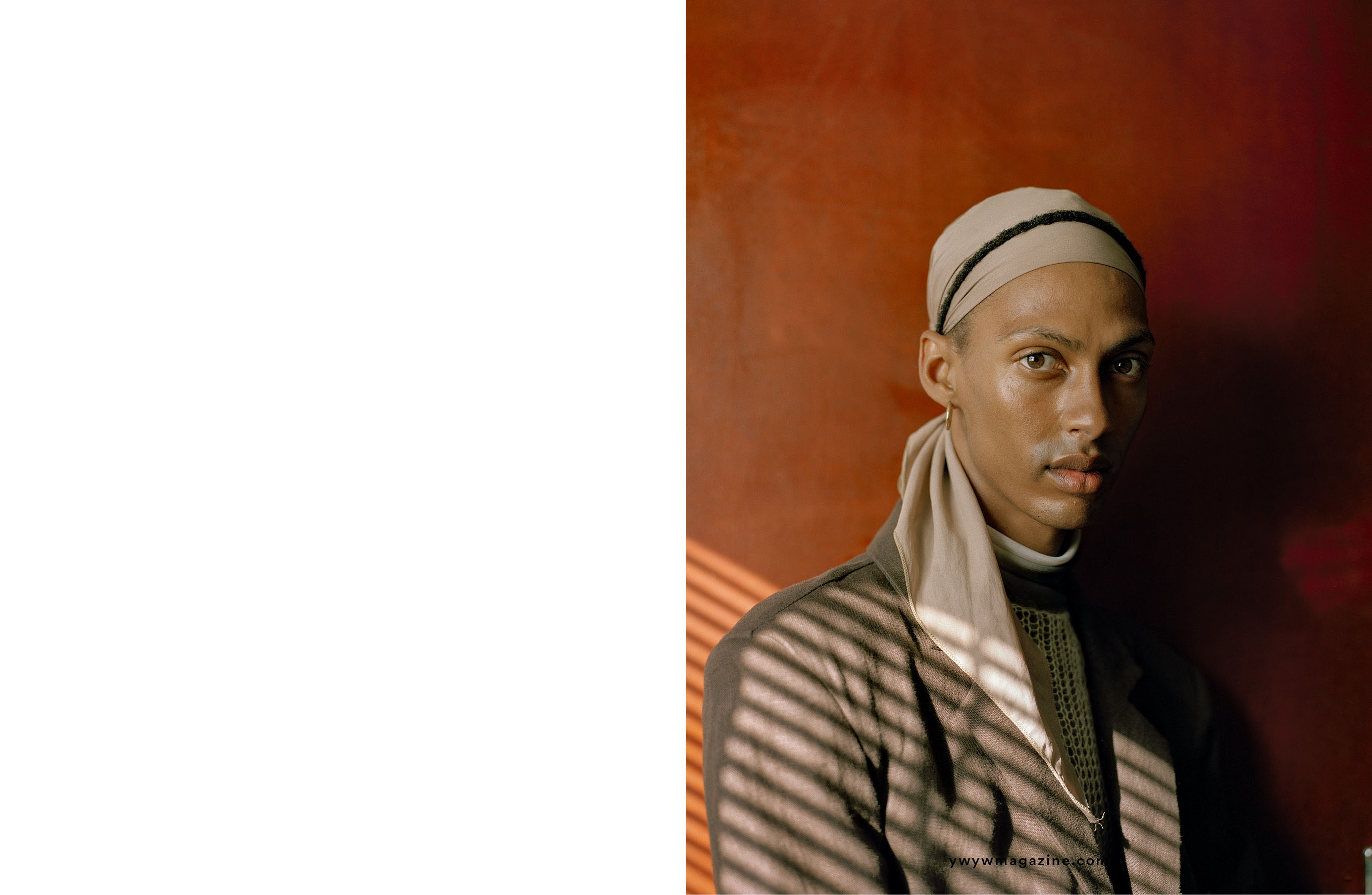
Do you think that capturing an ‘excellent image’ requires a lot of effort and planning?
Not at all. I think that one should always be prepared for the inevitable, but being present and responding to the moment, for my process at least, is where the magic lies. Having said that my process is very particular to what I’m trying to capture, explore and understand.
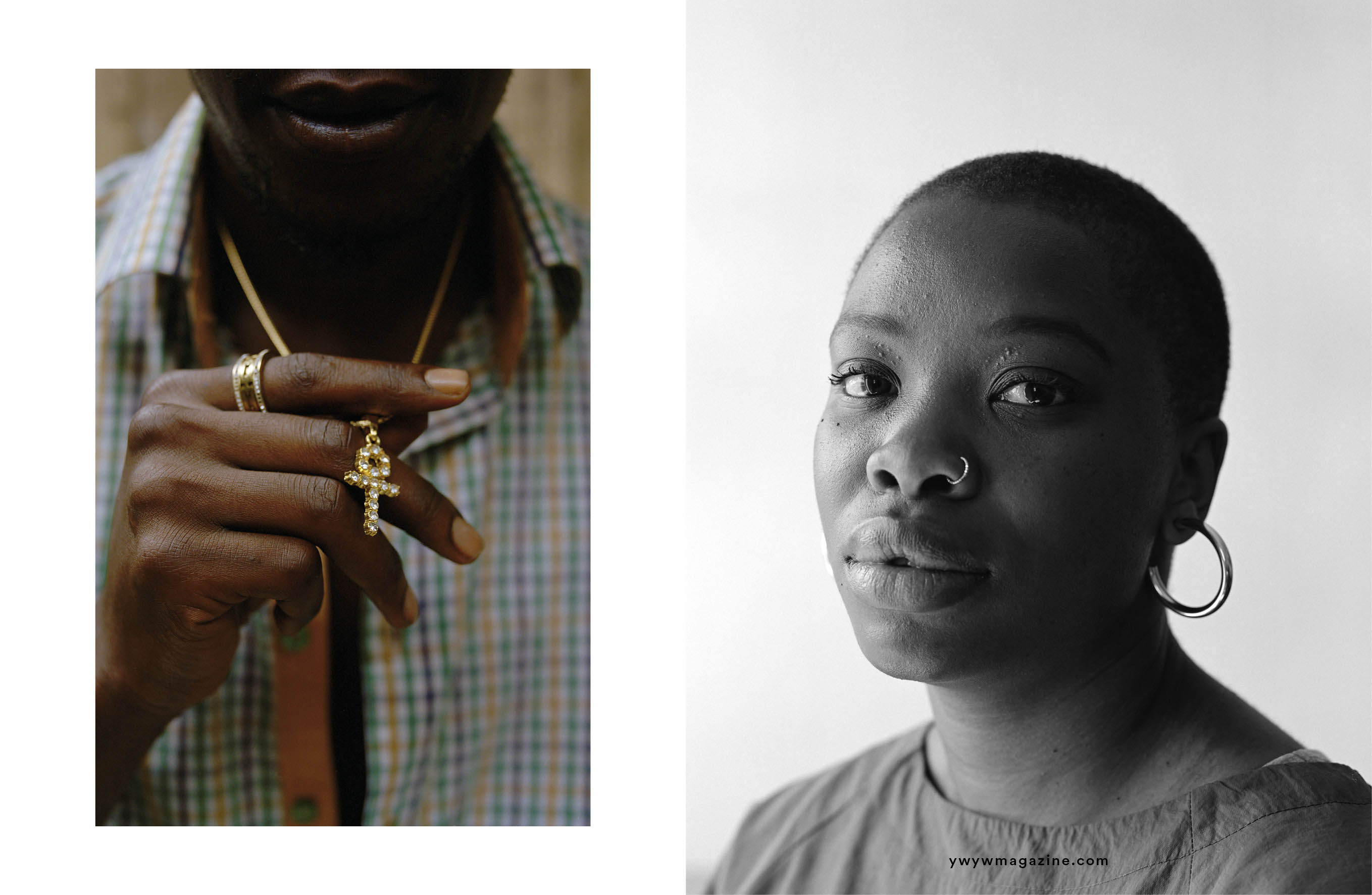
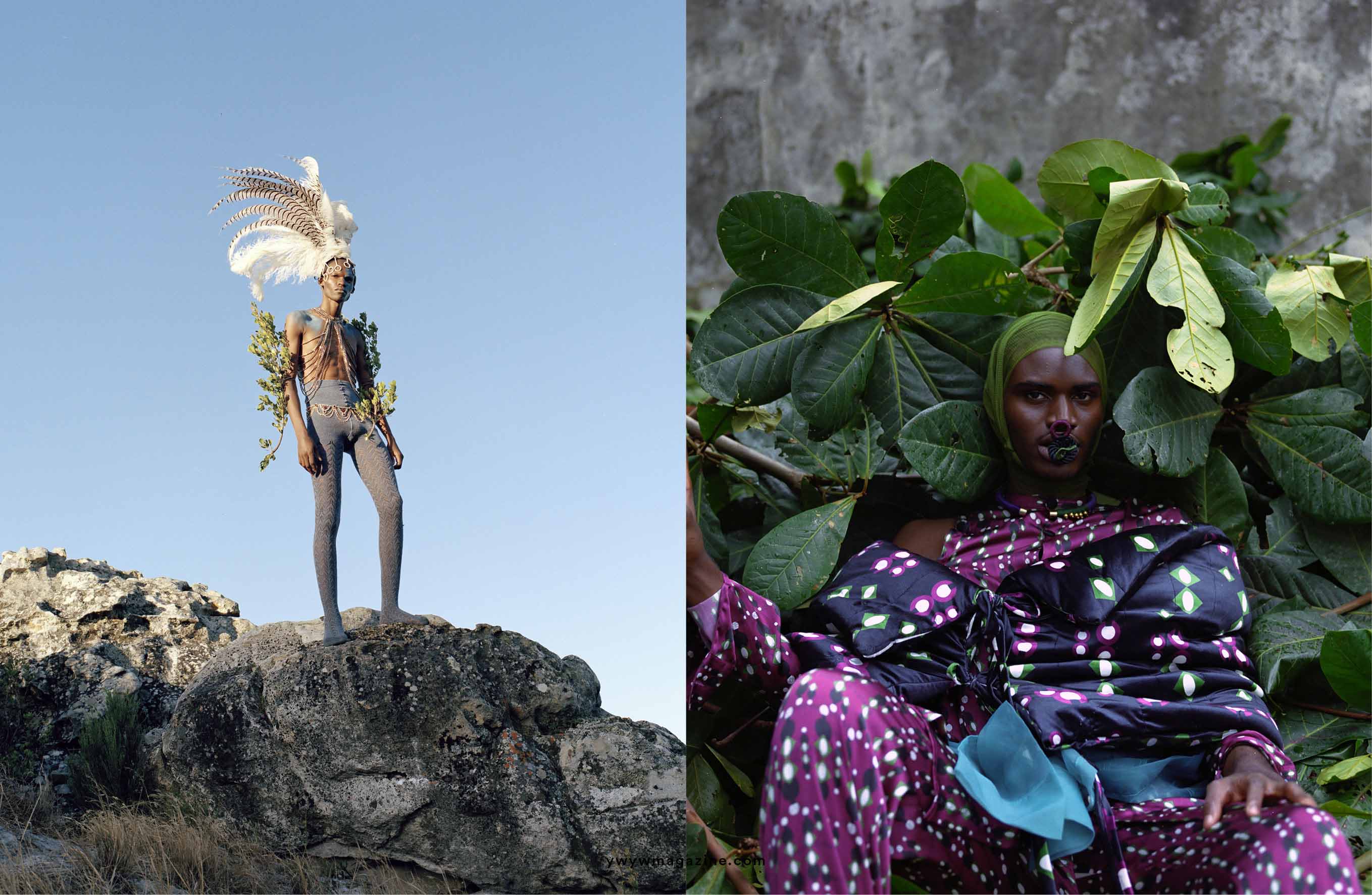
Who are the people you shoot? Do you have a particular relationship with them?
It changes. I take a lot of photographs of people who I am close with, especially because of the trust and understanding that is inherent in those relationships. Photography, however, is also a tool for me to create intimate new connections with people, and to create a deeper understanding of the spaces that surround me. I always want to learn and be curious, to be challenged personally with the work that I make, while also being sensitive to the people who let me into their homes and lives.
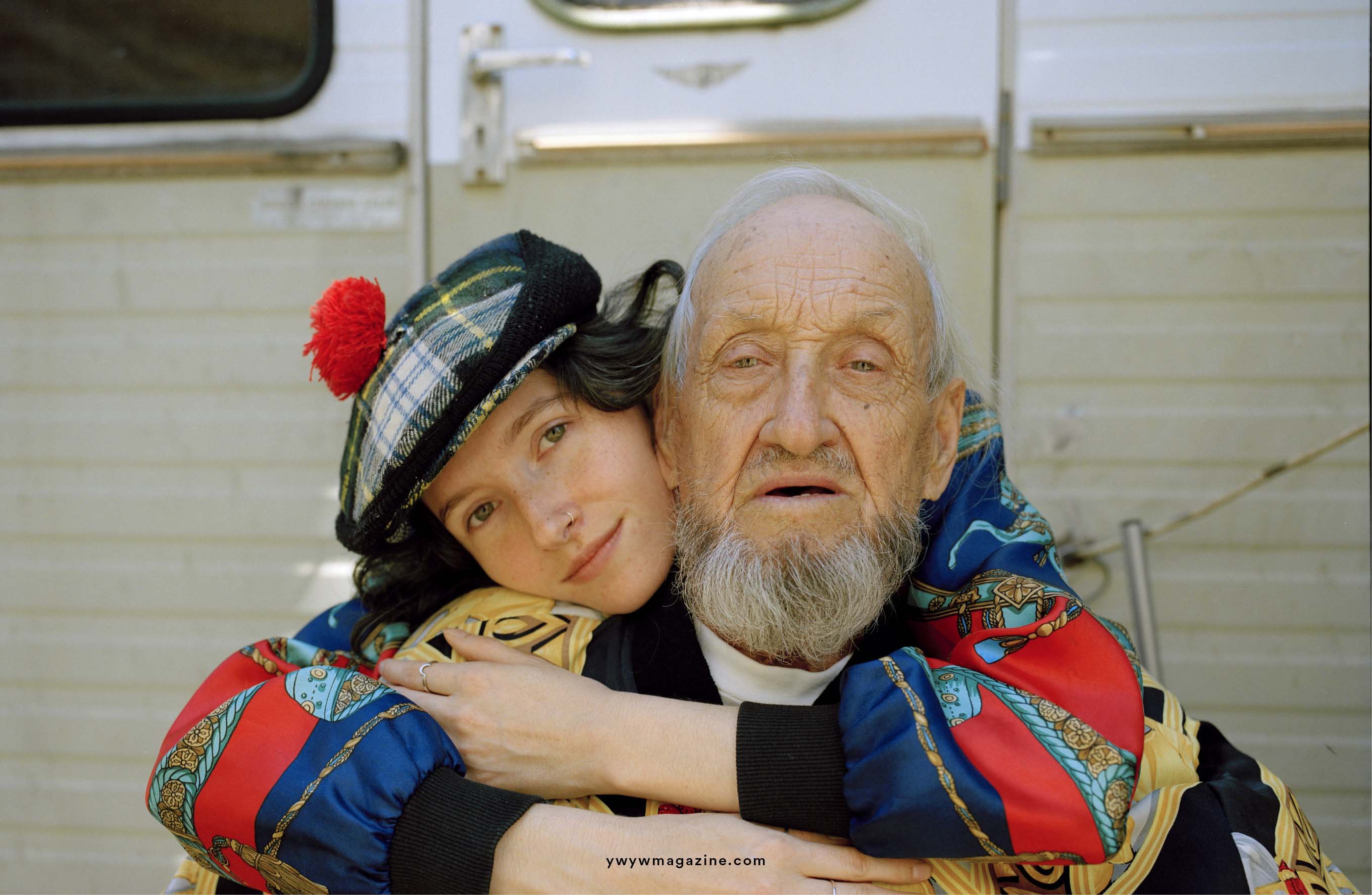
How do you define your visual languages?
Intimate.
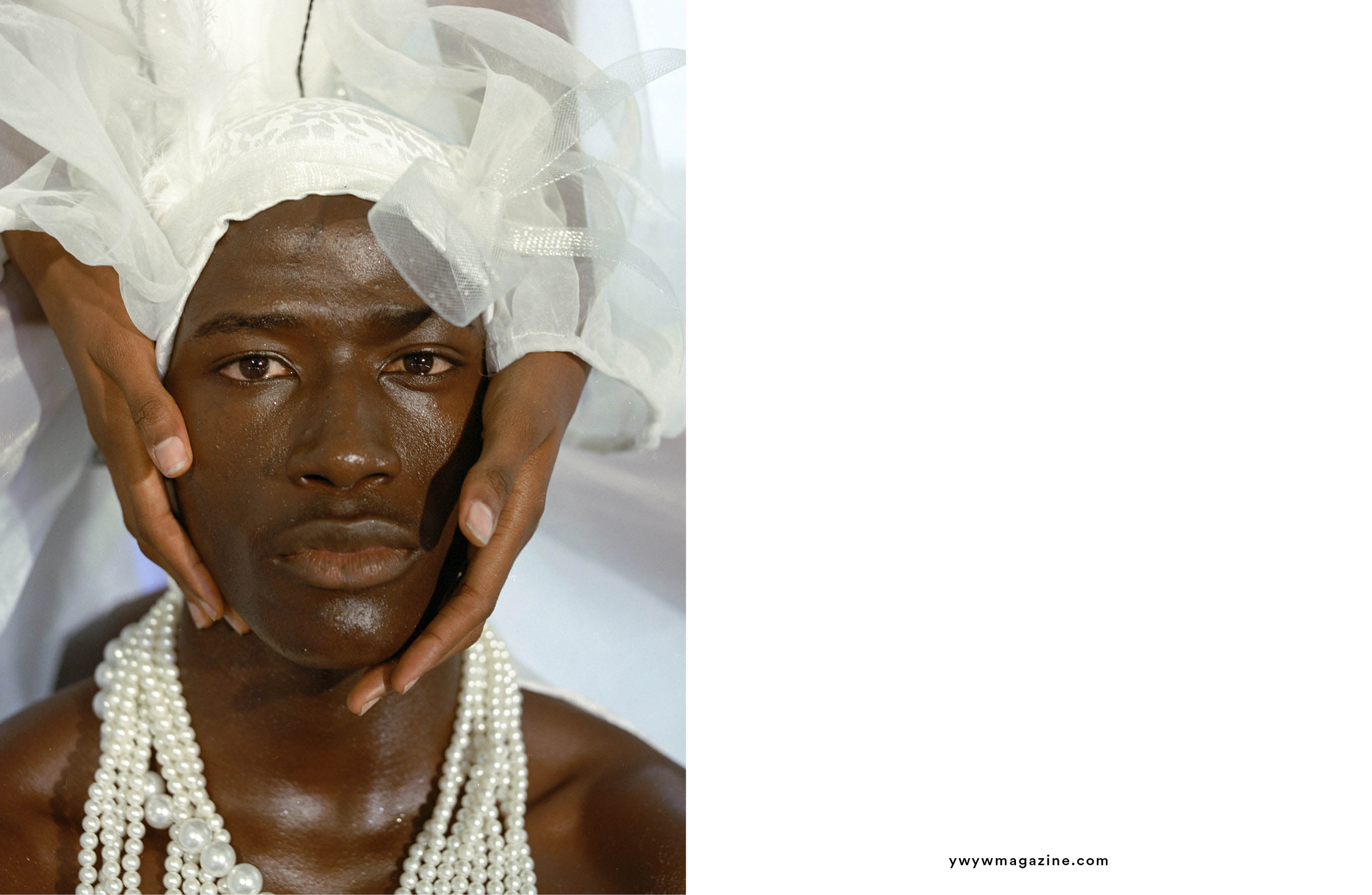
What was your formation and how did it influence your work?
My background isn’t actually photography related. When I was younger I wanted to be a musician and I started off with a music degree specializing in classical guitar, but ended up changing to a degree with majors in history and social anthropology. I did however do black and white photography as a subject at school when I was a teenager, and ended up spending numerous hours in the darkroom, which is where my love for film and its process came from. But it wasn’t until about 8 years later that I picked up a camera again. I’ve always been interested in people and the spaces they inhabit, and individual narratives are an important entry point for me in my work.
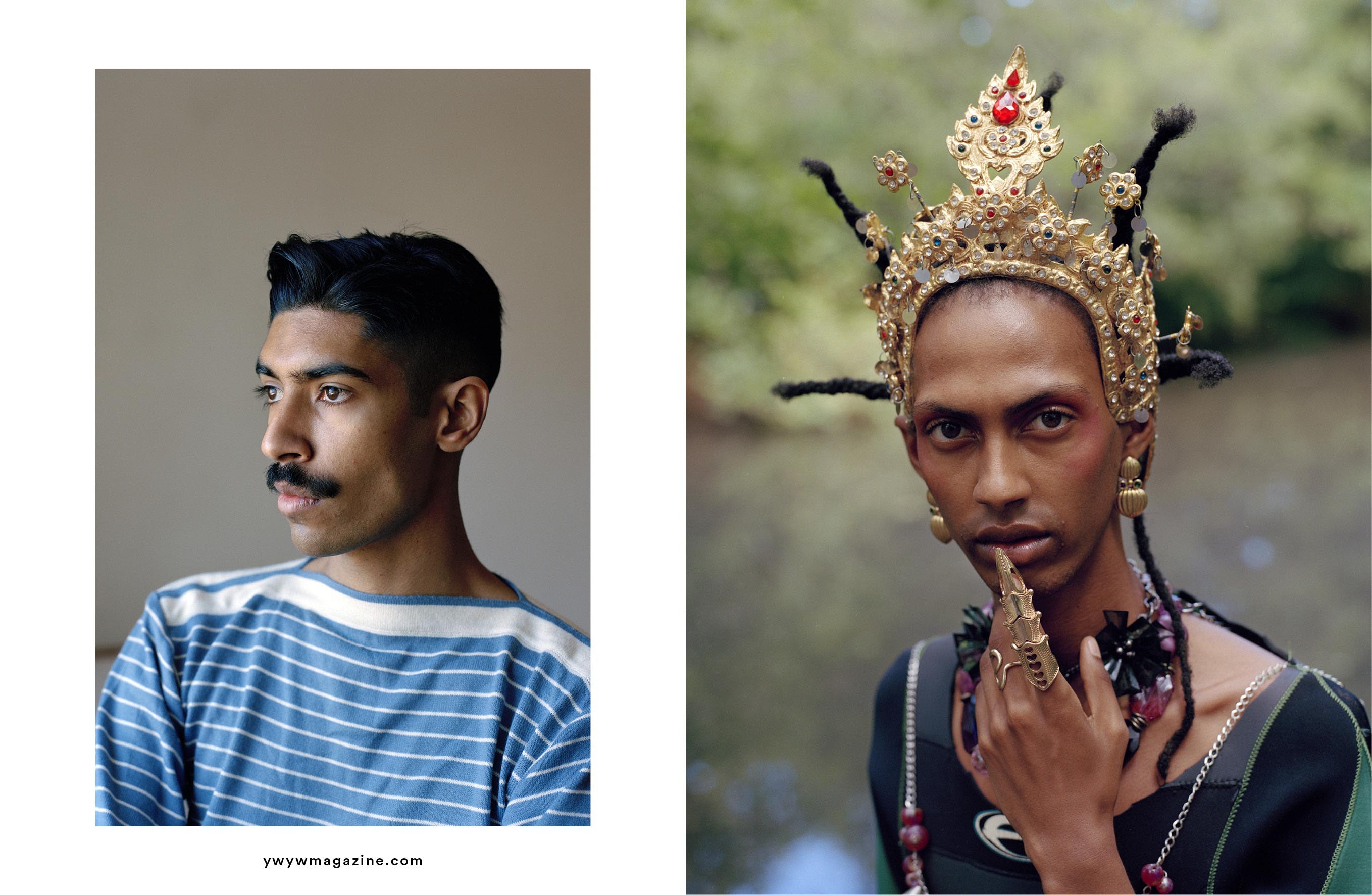
In the age where digital photography is prevalent, what draws you to film and what makes it special to you?
Process. It forces me to slow down and engage and, furthermore, to be present to the persons and moments at hand. At the end of the day I want to create intimate connections, and I never want to impose narratives on anyone, and the only way to do that is to be present, engaged, and vulnerable to the spaces I find myself in. I cannot deny that there’s also an aesthetic quality that film has, in terms of colour depth and feeling, and the fact that it is a tangible thing, that also is a deciding factor for me, but it’s a secondary consideration
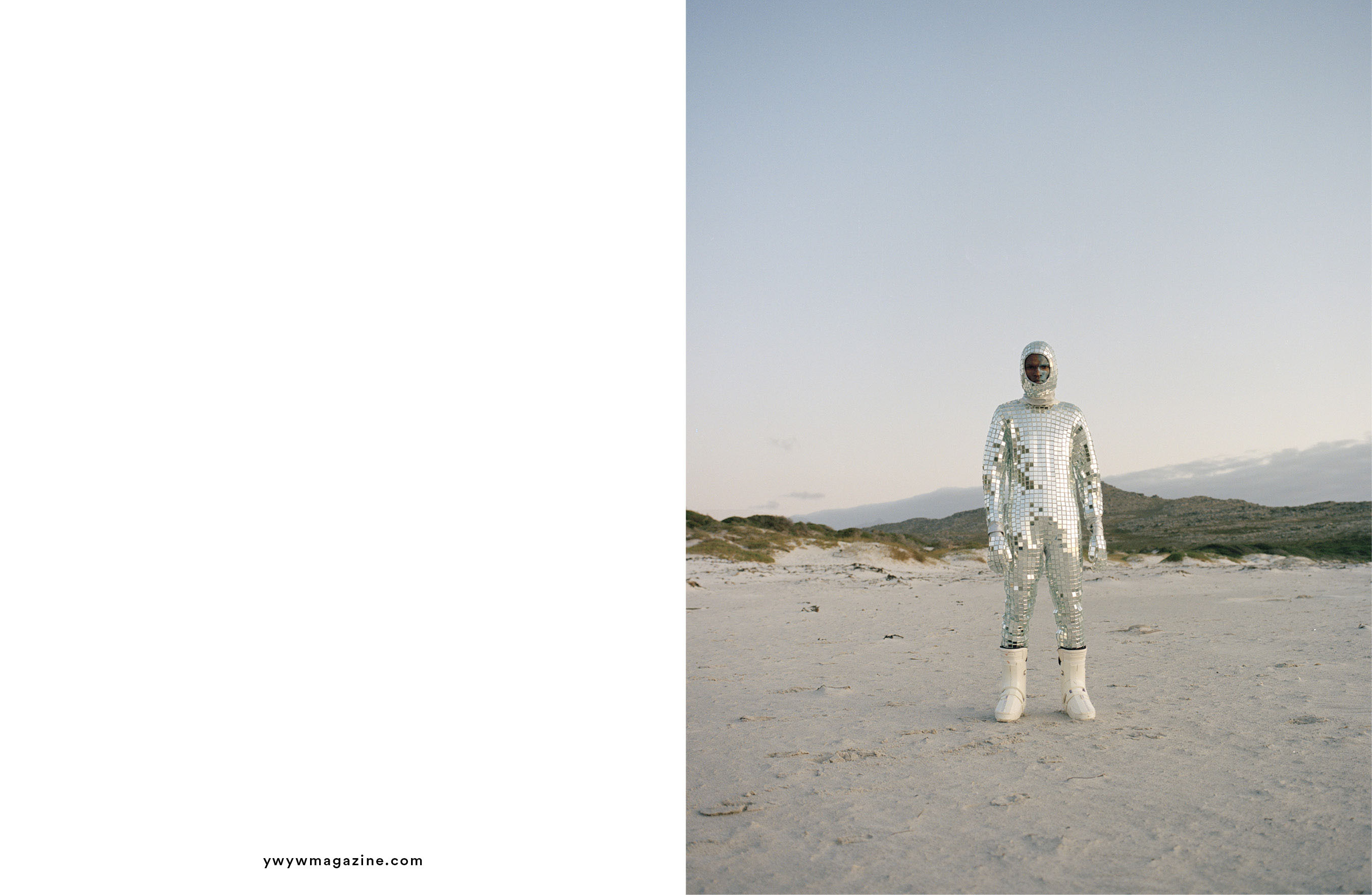
Which of your projects do you consider to be the best?
I’m actually most excited about the work that I’m currently exploring, which I consider to be work that feels more meaningful, and personal. Just will have to wait and see.
